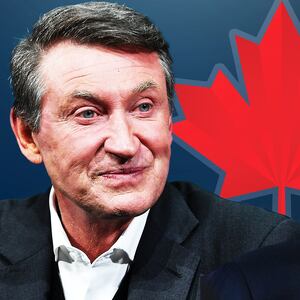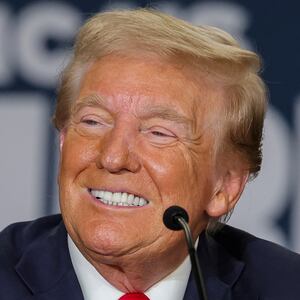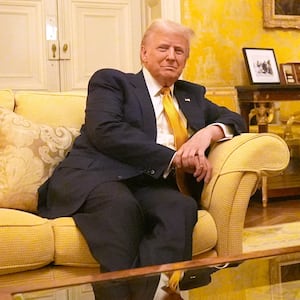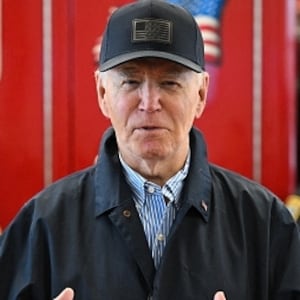Canadian Prime Minister Justin Trudeau announced Monday that he will step down as leader of his Liberal Party and relinquish the premiership upon the election of a successor.
“Last night over dinner, I told my kids about the decision I am sharing with you today,” Trudeau said at a press conference outside his official residence in Ottawa. “I intend to resign as party leader, as prime minister, after the party selects its next leader through a robust, nation-wide, competitive process.”
Trudeau said he asked the Liberal Party’s president on Sunday to begin the process to designate his successor.
ADVERTISEMENT
Trudeau, 53, had faced calls for months from within his caucus to step down, with opinion polls consistently showing the opposition Conservative Party holding a commanding 20-point lead in advance of a federal election that must be called on or before Oct. 20.
Last month, Trudeau’s government was blindsided by the resignation of Chrystia Freeland, then Deputy Prime Minister and Finance Minister, who accused Trudeau of being ill-prepared to face the threat of President-elect Donald Trump’s saber rattling about tariffs in a scathing open letter.
“This country deserves a real choice in the next election and it has become clear to me that if I am having to fight internal battles I cannot be the best option in that election,” Trudeau said.
Since being re-elected in November, Trump has needled Trudeau on social media and, reportedly, to his face about making Canada the 51st state, going so far as to call the prime minister “Governor” in several social media posts.
Canadian officials, including Trudeau, have made multiple trips to Trump’s Mar-a-Lago estate in Florida to try and assuage the concerns of the president-elect’s transition team, which mainly center around border security and drug trafficking.
Meanwhile, as he’s faced the chaotic return of Trump, Trudeau’s stability at home has rapidly eroded.
Jagmeet Singh, the leader of the competing center-left New Democratic Party that Trudeau’s Liberals relied on for support in the House of Commons under a previous agreement, said last month that he will vote to bring down the government.
A majority of his own caucus had also reportedly told him they believed it was time for him to quit, having lost faith in his ability to lead them into a vote.
Trudeau’s popularity has slid, like many incumbents around the world, amid a backlash among voters to inflation, which has exacerbated existing economic hardships.
Canada has also suffered from a protracted housing affordability crisis that is one of the worst among Organization for Economic Cooperation and Development states.
Trudeau, who was first elected as a member of parliament in 2008, took over as Liberal leader in 2013, when the once-dominant party was in dire straits, having fallen behind the left-wing New Democratic Party to third place in the House of Commons.
He won a shock upset victory in the 2015 federal election, leapfrogging the NDP and unseating former Conservative Prime Minister Stephen Harper to win a majority government.
In Trudeau’s first term, he passed a major overhaul of child benefits that massively reduced child poverty rates—though recent data shows numbers ticking up again. His government legalized medical assistance in dying, recreational marijuana, and introduced a federal tax on carbon emissions.
Trudeau was also embroiled in a series of scandals, including the resignation of Jody Wilson-Raybould, his then justice minister, in 2019, who alleged he tried to intervene in a criminal corruption case against Québec construction firm SNC-Lavalin, which was said to have bribed Libyan officials in the Gadhafi government.
A second minister, Jane Philpott, resigned over Trudeau’s handling of the affair.
The carbon tax and housing affordability have been key points of attack for Conservative leader Pierre Poilievre, the sloganeering opposition leader who is likely to be elected Prime Minister if current polling levels sustain.
A former schoolteacher, Trudeau is the eldest son of the late former Prime Minister Pierre Trudeau. Like his son, the elder Trudeau stepped down under pressure from his caucus, trailing badly in the polls to a conservative opposition, in his making the decision during a famous “walk in the snow.”
Contenders for Trudeau’s Liberal crown are rumored to include Freeland, Finance Minister Dominic Leblanc, Foreign Minister Mélanie Joly, former Bank of Canada Governor Mark Carney, and Innovation Minister François-Philippe Champagne.









